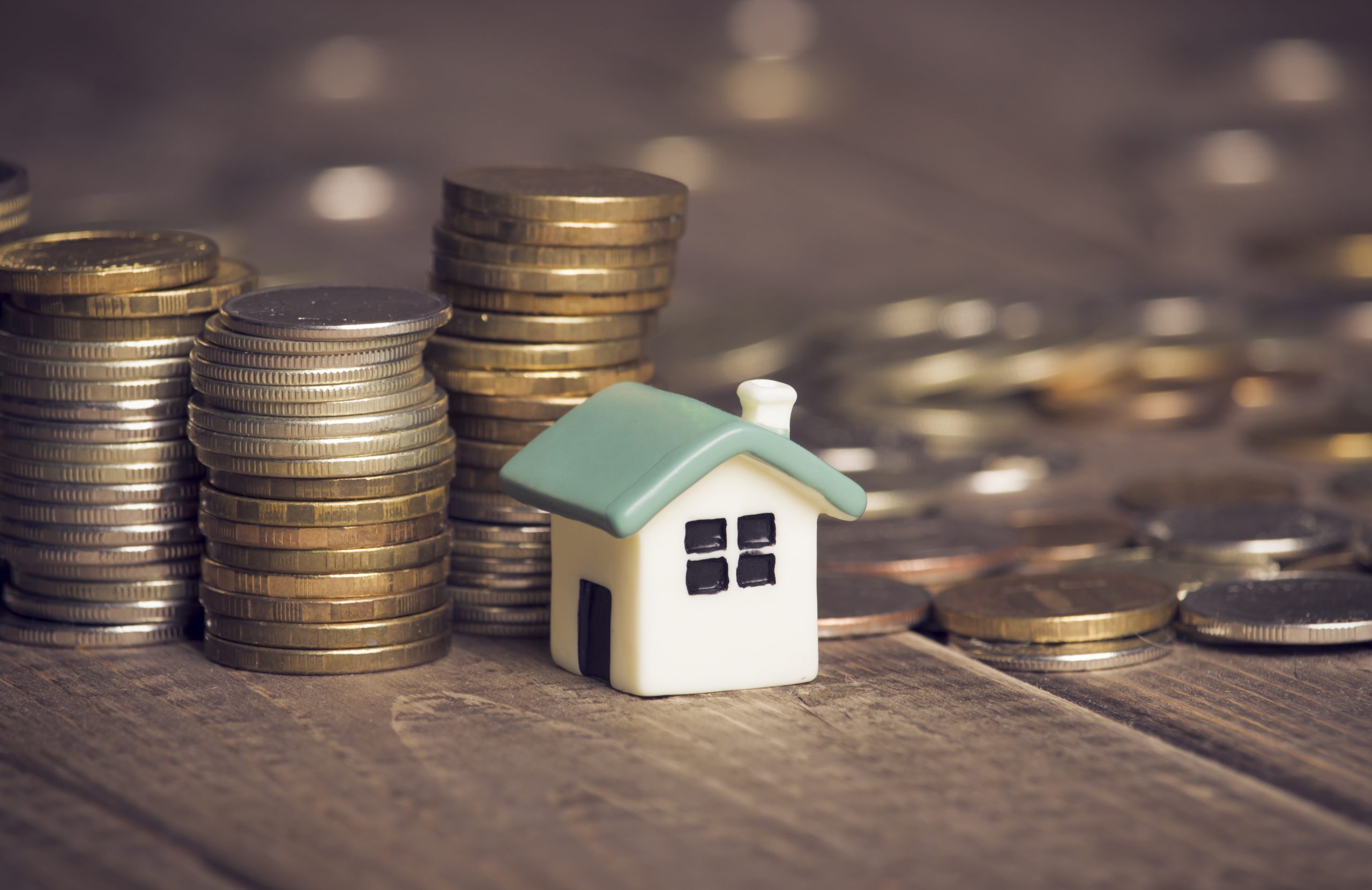First-time Buyer
Average UK house price soars £44,000 since first lockdown

House prices have hit a new high of £282,753, which is nearly £44,000 higher since the first lockdown two years ago.
Average house prices have increased by £43,577 since the first lockdown in March 2020, according to Halifax’s latest house price index.
The annual rate of house price inflation for March this year was pegged at 11%, the highest since mid-2007, and equivalent to a year-on-year increase of £28,113.
House prices shot up by 1.4% in March, or £3,860 in cash terms – the biggest increase since September and the ninth month in a row that average house prices have risen.
Halifax said the impact of the pandemic on buyer demand was notable in the price premium on different properties, with flats rising by 10.6%, or £15,404, over the last two years.
This compares to detached properties, which have recorded 213% price growth, or £77,717 over the same period.
From a regional perspective, the South West saw the strongest growth in annual price house inflation at 14.6%. This is the highest annual increase since 2004 with average house prices now standing at £298,162.
In Wales, annual house price growth came to 13%, with average prices coming to £211,942, which represented an all-time high for the principality.
Scotland’s house prices also broke a new record with average house prices estimated at £194,621, but growth has slowed slightly from 9.3% in February to 8.2% in March.
London house prices have increased 5.9% year-on-year, with average prices at £534,977.
‘Limited supply and strong demand’
Russell Galley, managing director at Halifax, said: “The story behind such strong house price inflation remains unchanged: limited supply and strong demand, despite the prospect of increasing pressure on household finances.”
He said that although there was some evidence that more homes were coming to market, the “fundamental issue” was that there were more buyers chasing fewer properties.
“The effect on house prices makes it increasingly difficult for first-time buyers looking to make their first step onto the ladder, but also challenges home movers who face ever bigger leaps to move up the rungs to a larger property,” he explained.
Galley added that in the long-term the housing market was linked to wider economic health.
“There is no doubt that households face a significant squeeze on real earnings, and the difficulty for policymakers in needing to support the economy yet contain inflation is now even more acute because of the impact of the war in Ukraine,” he said.
He said buyers were dealing with the prospect of higher interest rates and higher cost of living, and as affordability metrics were “already extremely stretched”, there could be a slowdown in house price inflation over the next year.
Mark Harris, chief executive of mortgage broker SPF Private Clients, said the report showed that property prices continued to grow as demand still outstripped supply.
He said: “Lenders are still keen to lend and have plenty of cash available to do so, enabling borrowers who may be sitting on considerable savings accrued during lockdown to stretch themselves to afford a bigger property.”
But he added there was wider speculation that higher fixed costs from National Insurance hike and rising cost of living would impact mortgage affordability calculations.
“If costs are going up, it stands to reason that this will impact borrowers as there is less money available to service their mortgage. But for now, borrowers are taking advantage of low mortgage rates with some lenders, such as Halifax and Scottish Widows, increasing loan-to-income multiples from 4.49 to 4.75 for higher earners,” he explained.